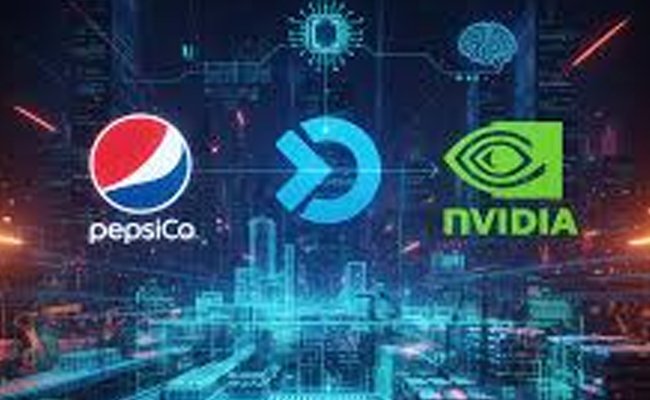Anil Nama, CIO, CtrlS Datacenters
In 2025, enterprise technology is no longer about digital transformation for its own sake—it’s about achieving tangible business outcomes. Core technologies like Generative AI, distributed cloud, and zero-trust security have matured into operational essentials.
The New Digital Core
Generative AI is now a cornerstone of enterprise strategy. Gartner predicts that by 2027, over 50% of GenAI models will be tailored to specific industries or functions—up from just 1% in 2023—signaling a move toward targeted innovation. Cloud infrastructure has also matured, with distributed cloud enabling compliance, data sovereignty, and smarter workload management. Sustainable IT is gaining ground, particularly in datacenter operations, where energy-efficient practices cut costs and environmental impact.
Meanwhile, cybersecurity is being redefined. As hybrid work becomes standard, zero-trust security frameworks are replacing traditional perimeter-based models. IBM’s 2024 report reveals that companies with advanced zero-trust systems save $2.23 million per breach on average. In this new era, true resilience depends on proactive security, agility, and continuous preparedness.
Building a Culture of Security
At CtrlS Datacenters, building a security-first culture is fundamental. Employees are trained in phishing awareness, password hygiene, and incident response through simulations, workshops, and certifications. Clear roles, accountability, and open reporting systems reinforce a shared sense of responsibility.
CtrlS is also embracing AI and automation to future-proof its infrastructure. Its AI-ready datacenters support the rapid adoption of GenAI and cloud technologies, while automated security systems provide real-time threat detection, 24x7 monitoring, and seamless protection for clients.
Evolving Tech Leadership
The CIO role is shifting from IT oversight to business strategy, focusing on revenue, innovation, and customer experience. As 74% of CEOs see AI as a game-changer, CIOs and CTOs must align tech with business goals. CTOs drive adoption of AI, cloud, and blockchain; CISOs manage cybersecurity; and DPOs, post-DPDP Act, ensure compliance and data privacy. DPOs now play a pivotal role in navigating regulations, establishing data governance, and ensuring responsible data use—balancing innovation with protection of individual rights and organizational integrity in a fast-evolving digital landscape.
Although some mid-sized firms consolidate responsibilities, India’s expanding digital ecosystem and evolving regulations call for specialized leadership. Looking ahead, resilient and secure growth depends on how well technology leaders anticipate change, drive innovation, and embed digital trust at every level.






